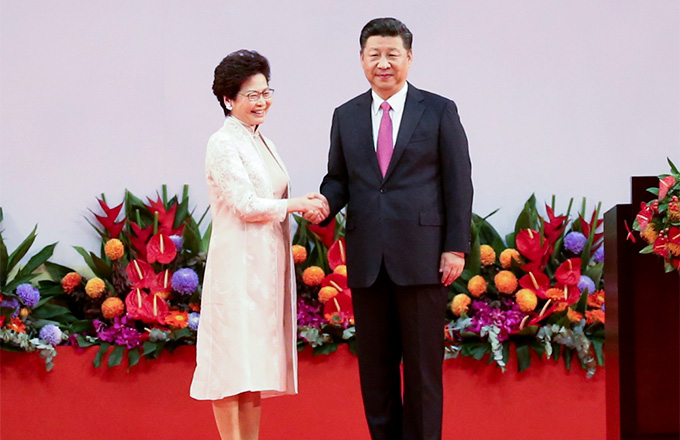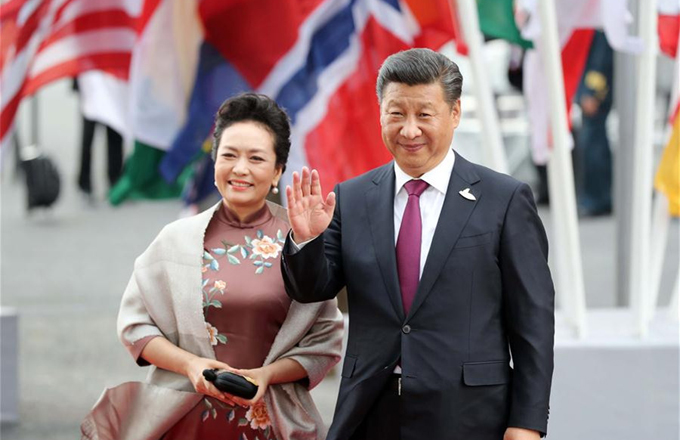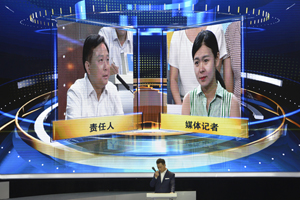Self-immolations in Tibet manipulated
WASHINGTON - The recent self-immolations in Tibet were criminal acts premeditated, plotted and manipulated by overseas separatist forces, said Chinese Tibetan legislators Thursday.
A delegation of Tibetan legislators from China's National People's Congress (NPC) made these remarks while meeting with US congressmen and experts of US think tanks during its two-day visit to Washington D.C.
Padma Choling, chairman of the Standing Committee of the People's Congress of Tibet Autonomous Region, led the NPC delegation to the US Capitol, and met with Congressman Charles Boustany, co-chair of the bipartisan US-China Working Group in the House of Representatives on Wednesday afternoon.
The delegation on Thursday met with congressional researchers and staff as well as experts of the Brookings Institute, a US think tank.
Padma Choling lashed out at US comments that attributed recent self-immolations to intense relations among ethnic and religious groups in Tibet.
In Tibet, people enjoy freedom to all religious beliefs and this freedom is uncompromisingly safeguarded, Padma Choling said.
Acts as gruesome and inhumane as self-immolations run counter to tenets of Tibetan Buddhism, and all true Buddhists have zero tolerance to such acts, he said.
The incidents also demonstrated the irresponsibility of self-immolaters to themselves, their families and society as a whole, Padma Choling said.
"We stand firm against any act aimed at undermining Tibetan stability and national unity, especially when these acts are designed to obtain political purposes at the expense of human lives," he said.
Padma Choling also updated the US lawmakers about the rapid economic development and overall advancement since Tibet's peaceful liberation some 60 years ago.
Padma Choling said he is among the many Tibetans who have witnessed and benefited from the fundamental changes and remarkable growth in people's living standards in Tibet.
All the Chinese people, including people from all ethnic groups in Tibet, are committed to realizing the "Chinese dream" and hence it remains great challenges for policy-makers to further improve people's living standards and people's sense of happiness, he said.
During the meetings, the US lawmakers and experts reiterated the US position that Tibet is an inseparable part of China, adding that face-to-face communication between the two sides are helpful to boosting mutual understanding.




















